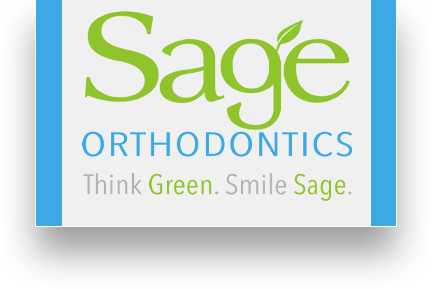
If you have braces, you know how important it is to take extra care of your oral health. This is even more critical if you also take medications.
Nearly half of all Americans take prescriptions for a medical condition, and more than half take vitamins or other dietary supplements, according to the Centers for Disease Control and Prevention (CDC). Even when used as directed and under medical supervision, you may experience medication side effects that can impact your oral health.
Here are a few side effects of common medications and supplements.
Gum Tissue Enlargement
Overgrowth or enlargement of gingival (gum) tissue may occur as a side effect of certain medications. These include anticonvulsants, immunosuppressants, and calcium channel blockers. Patients taking these medications must pay special attention to keeping teeth and gums clean to prevent inflammation.
Dry Mouth
Some medications reduce saliva production, including certain antidepressants, muscle relaxants, diuretics, antacids, decongestants, and antihistamines. When your mouth does not produce enough saliva, it is more susceptible to inflammation and infection, tooth decay, and other oral health problems.
Abnormal Bleeding
Blood-thinning medications may lead to excessive bleeding during treatment for periodontal conditions. Tell our Orthodontist in Portage MI if you are taking this kind of medication or a blood-thinning supplement before scheduling treatment.
Soft Tissue Reactions
Inflammation, oral sores, or soft tissue discoloration can be a side-effect of some medicines. These include minocycline to treat acne, some oral contraceptives, chemotherapy medications, immunosuppressive agents, and certain blood pressure medicines. If you experience this type of reaction, we may be able to prescribe a special oral hygiene regimen to alleviate your discomfort.
Fungal Infection
Oral candidiasis is a fungal infection that can affect people who use oral inhalers for asthma and other breathing conditions. We encourage patients with inhalers to rinse their mouth thoroughly with water after using their inhaler. Other medications that cause oral yeast infections include antibiotics, steroids, and chemotherapy drugs.
Tooth Decay
You already know to avoid sugary foods while wearing braces, but did you know that many medications contain sugar to improve flavor? This is especially true for children’s medications. When sweet liquids, chewables, and lozenges are used over time, the sugar left on the teeth can increase the risk of tooth decay. Whenever possible, choose capsules or sugar-free versions of medications, or rinse well after taking sweetened medicines.
If you have concerns about the effects of medications while wearing braces, contact our Orthodontist Portage MI for advice.
Sage Orthodontics of Portage
Phone: (269) 327-0760
Url: https://sageorthodontics.com/
1700 E. Centre Ave.
Portage, MI 49002

